Global Nursing Shortage by 2030
The World Health Organization (WHO) has declared that “there is a global shortage of health workers, in particular nurses and midwives, who represent more than 50% of the current shortage in health workers.” There are currently an estimated 28 million nurses worldwide, but this is not enough to meet the growing demand for healthcare services. WHO estimates that the world will need an additional 9 million nurses and midwives by the year 2030, and other organizations, such as the International Council of Nurses, have warned that the shortage of nurses can reach as much as 13 million by 2030 if drastic action is not taken. These projections have serious implications for global health outcomes.

There are several contributing factors to the global nursing shortage, including:
- Aging Population: As the world’s population ages, the demand for healthcare services is increasing. The World Health Organization (WHO) predicts that the number of people aged 60 years and above will double by 2050, leading to significant demand for healthcare services.
- Nursing Education: The nursing profession is highly dependent on the education system to produce qualified nurses. However, there are challenges in the nursing education system, such as insufficient funding, inadequate faculty, and a lack of access to clinical training.
- Migration: Nurses from developing countries often migrate to developed countries in search of better working conditions, higher salaries, and opportunities for professional growth. This migration can create shortages in developing countries and a surplus in developed countries.
- Low Retention Rates: In some countries, there is a high turnover rate of nurses, which reduces the number of available nurses in the workforce. Factors such as job dissatisfaction, burnout, and inadequate working conditions contribute to the high turnover rate.
The COVID-19 pandemic further highlighted and exacerbated these factors, with 180,000 healthcare worker deaths due to COVID-19.

The impending nursing shortage has significant implications for healthcare systems worldwide.
Failure to address the nursing shortage may lead to decreased access to healthcare services, reduced quality of care, increased healthcare costs, and other negative implications. Addressing the causes of the nursing shortage will require collaboration between governments, healthcare organizations, and educational institutions. It requires a multi-faceted approach, inclusive of increased access and funding for nursing education, improved working conditions, efforts to reduce migration in developing countries (such as improved working conditions), and the use of technology in healthcare and nursing education.
Nurses International (NI) continues to play an important role in democratizing and increasing accessibility to much-needed health care education through the provision of free nursing courses offered on the NextGenU.Org portal. Aligned with Nurses International’s commitment to enhancing accessibility to nursing education, these courses can be accessed from anywhere in the world, including low- and middle-income countries. Some of the courses offered include Pediatric Nursing, Mental Health Nursing, Maternal Health, and Oncology Nursing, along with other Health Assessment Course Resources. The innovative curriculum and hybrid model of education is geared towards NI’s vision of “improving the health of the world, one person, one nurse, one community at a time,” as these efforts continue to mitigate gaps in nursing education worldwide.

As the global community seeks to address the growing demand for healthcare services, it is essential to invest in the nursing profession to ensure that there is an adequate supply of qualified nurses to meet the healthcare demands of the population and avert this potential global health crisis, improving health outcomes around the world.
References:
World Health Organization (2019). Aging and health Retrieved from https://www.who.int/news-room/fact-sheets/detail/ageing-and-health
Buchan, J., & Aiken, L. (2018). Solving nursing shortages: A common priority. Journal of Clinical Nursing, 27(5-6), 999-1001. doi: 10.1111/jocn.14297
International Council of Nurses. (2019). Global Nursing Shortage Fact Sheet. Retrieved from https://www.icn.ch/sites/default/files/inline-files/ICN%20fact%20sheet_Global%20Nursing%20Shortage_2019.pdf
Seema Persaud
Author
Share this post
Nurses International is a non-profit entirely focused on helping nurses obtain the education and the support they need to make a difference in developing nations worldwide.
We connect colleges and institutions with experts who can take their nursing programs to the next level. We help establish new nursing programs where they’re needed most. And we eliminate the barriers that stand between students and education.
QUICK LINKS
CONTACT US
FOLLOW US
EIN: 46-4502500